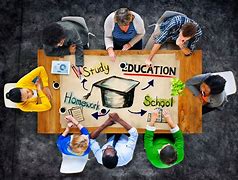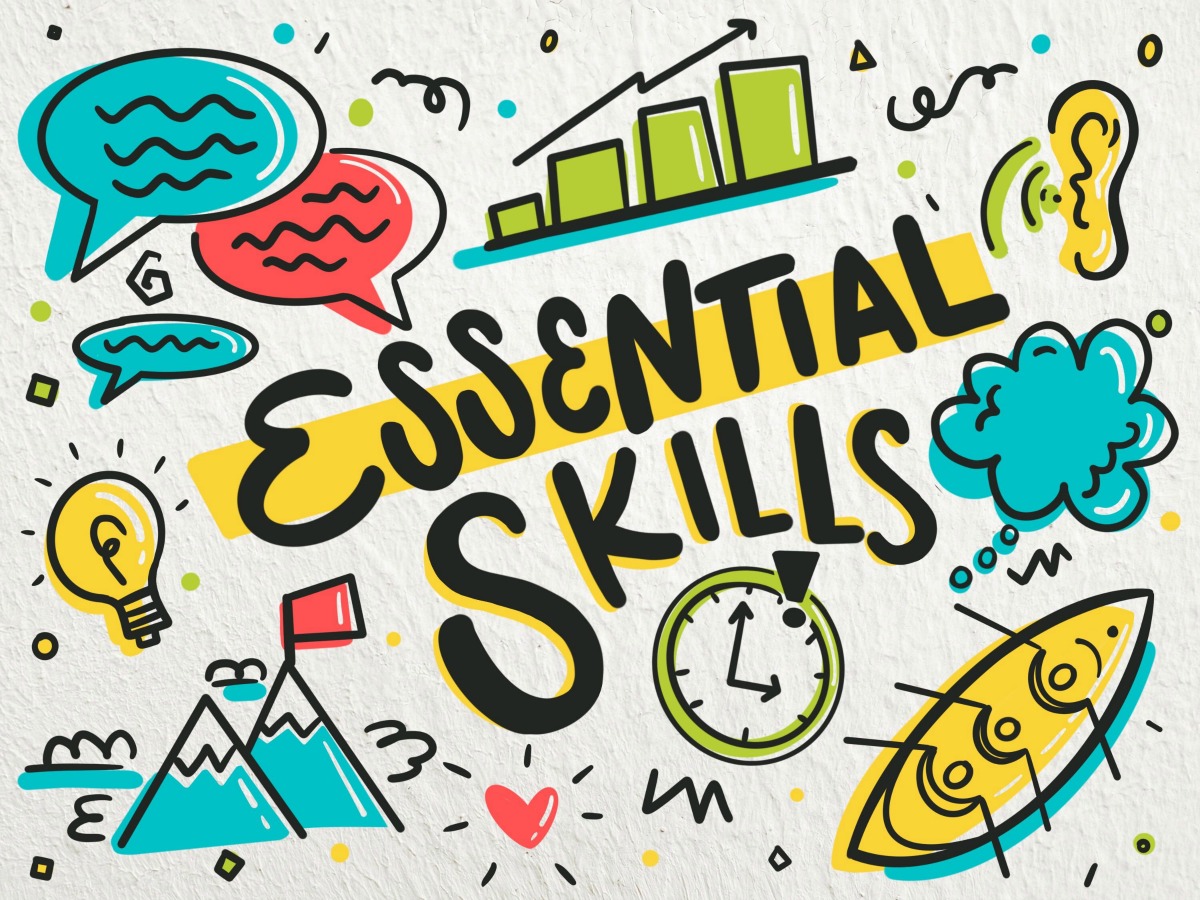
The philosophy of Technical and Vocational Education and Training (TVET) revolves around equipping individuals with practical skills, knowledge, and competencies that align with industry needs and economic development. It emphasizes hands-on learning, skill mastery, and lifelong adaptability, ensuring that learners can contribute effectively to the workforce.
TVET philosophy is rooted in several key principles:
- Workforce Readiness – Preparing individuals for employment by providing industry-relevant skills.
- Economic Growth – Supporting national development by fostering a skilled labor force.
- Inclusivity – Offering accessible education to diverse learners, including marginalized groups.
- Innovation & Technology – Integrating modern tools and techniques to enhance learning.
- Sustainability – Encouraging environmentally responsible practices in vocational training
- Teacher: Robert keter
- Teacher: Odel Trainer
- Teacher: Lucy Wanja



